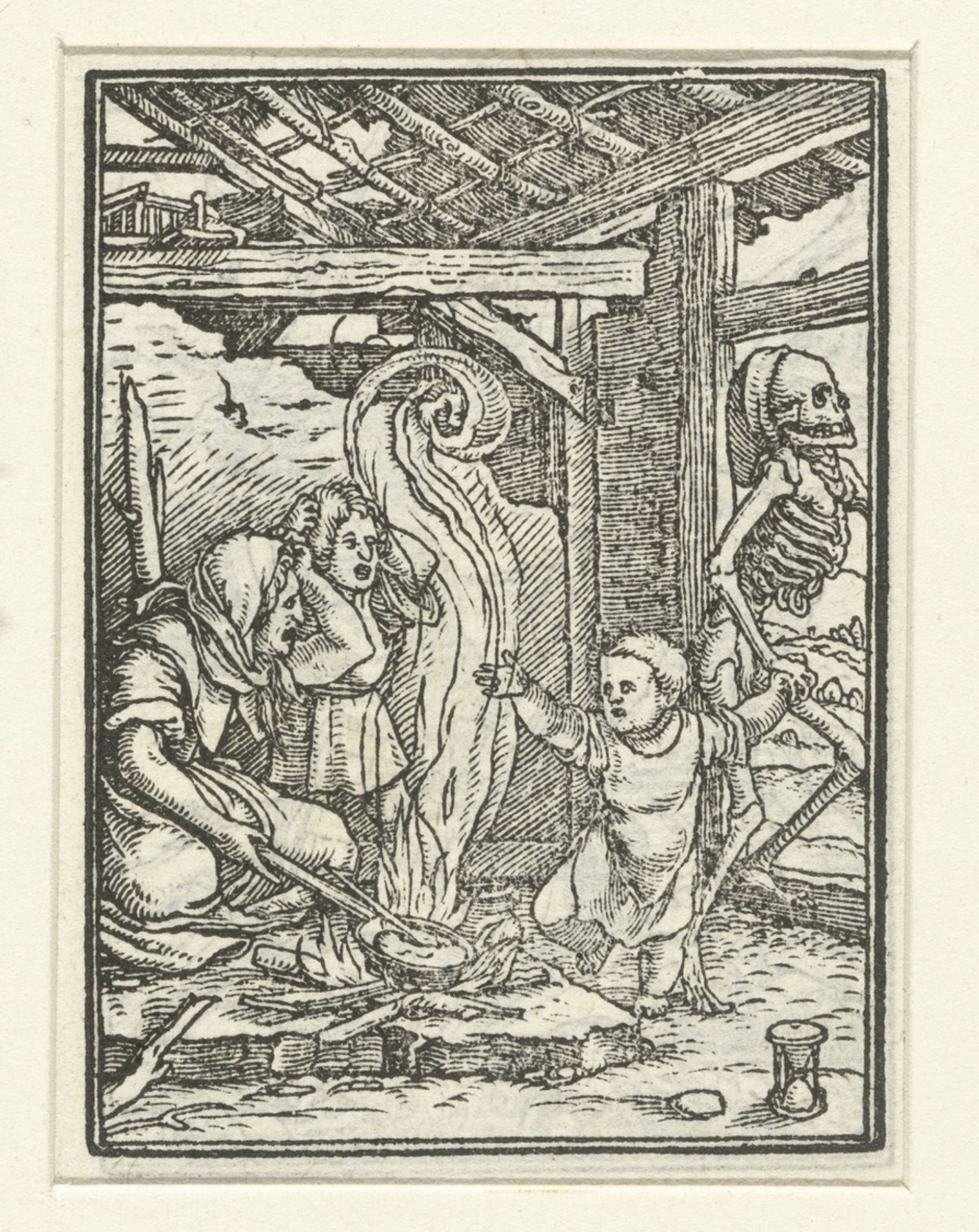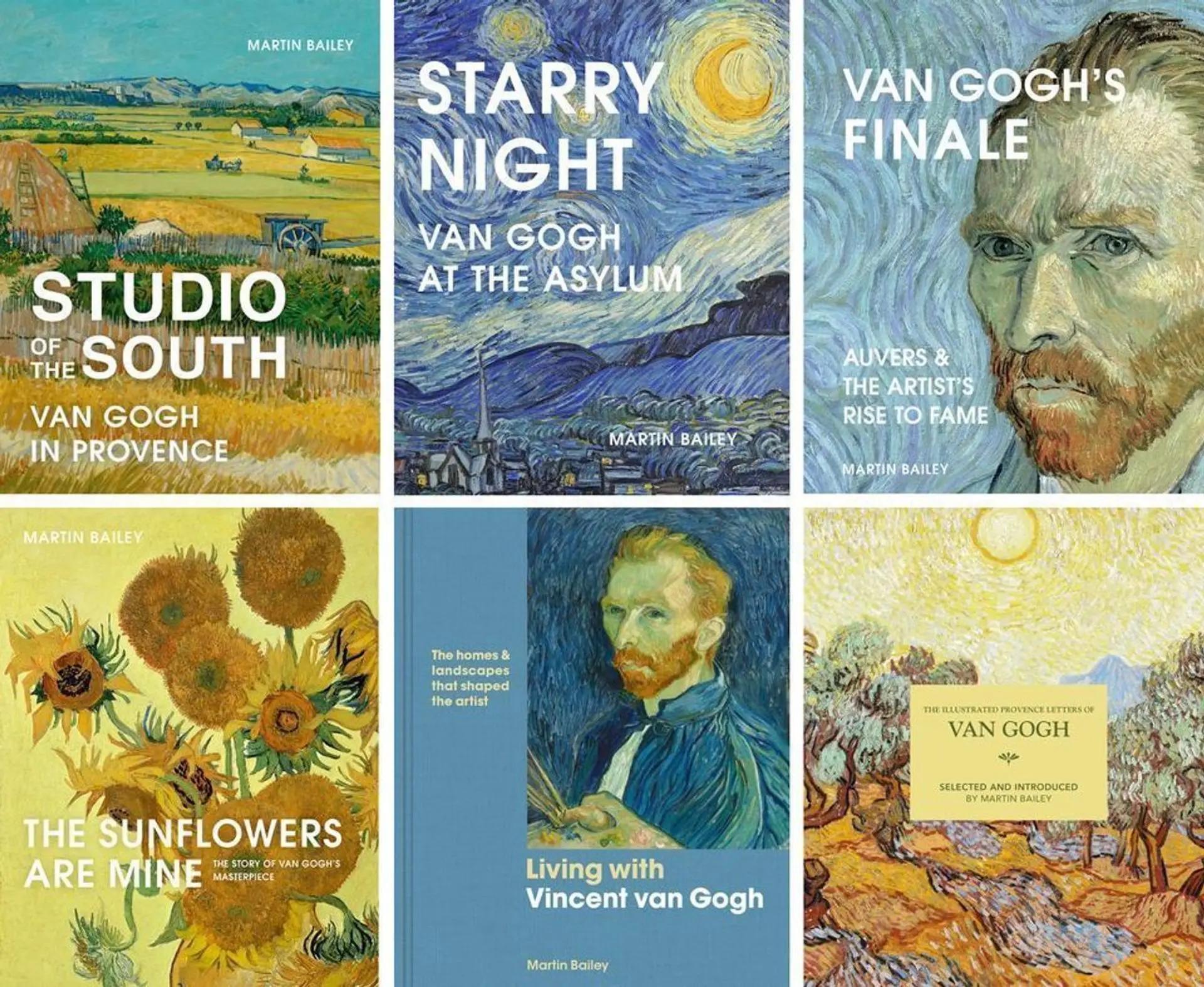Van Gogh loved the work of English illustrators, and among his favourites was a cartoon from the London-based satirical magazine Punch about the Crimean War—where Russia pitted its forces against those of Europe.
The caricature was based on Tsar Nicholas I’s belief that his trump card was the icy weather of January and February. Russians, because of their climate, could cope with these wintery months, but more vulnerable Europeans would face defeat.
Vincent had bought the 1855 back issue of the weekly publication in October 1882, while living in The Hague. He cut out and preserved his copy of the Crimean War print by John Leech, mounting it on dark beige card, and this still survives in the collection of Amsterdam’s Van Gogh Museum.
Writing to his friend Anthon van Rappard, Van Gogh explained the point of the Punch image: “The then Emperor of Russia had said in his speech from the throne, I believe, alluding to the Crimean War then taking place, that Russia had two [army] generals on whom it could rely, namely the winter months of January and February.”
The cartoon depicted “the old Emperor on his deathbed”, with “General February” represented as “a skeleton in a general’s uniform”—and both being showered with snow.
Van Gogh described the “marvellous” image as having a sentiment that was possibly “even more profound and more serious" than Hans Holbein the Younger’s Dance of Death series (around 1525).

Woodcut of Hans Holbein the Younger’s Child and Death, from the Dance of Death series (around 1525). Courtesy of Rijksmuseum, Amsterdam
This seems an astonishing comparison. Holbein’s Dance of Death, now dating from nearly 500 years ago, remains among the most haunting images on the fragility of human life.
And what lay behind the Punch cartoon? It was war propaganda, with the British mocking the Russians. In 1853 the tsar’s troops had invaded part of Europe on the shore of the Black Sea, including an area which is now Ukraine. This attack led to war with France, the UK and the Ottoman empire.
As for the tsar, it was he who ended up being defeated by “General February”. As Van Gogh explained to Van Rappard, in February 1855 Nicholas I “fell ill, having caught a cold, and died” on 2 March. Russia was forced to concede defeat in February 1856.


![Van Gogh’s mounted copy of John Leech’s "Russia has Two Generals in whom she can confide – Generals Janvier and Février [January and February]”, Punch, 10 March 1855. © Van Gogh Museum, Amsterdam (Vincent van Gogh Foundation)](https://cdn.sanity.io/images/cxgd3urn/production/17d5f6396fafe406220b31f7091bc8fe8ffeb760-960x1125.tif?w=1200&h=1406&fit=crop&auto=format)

